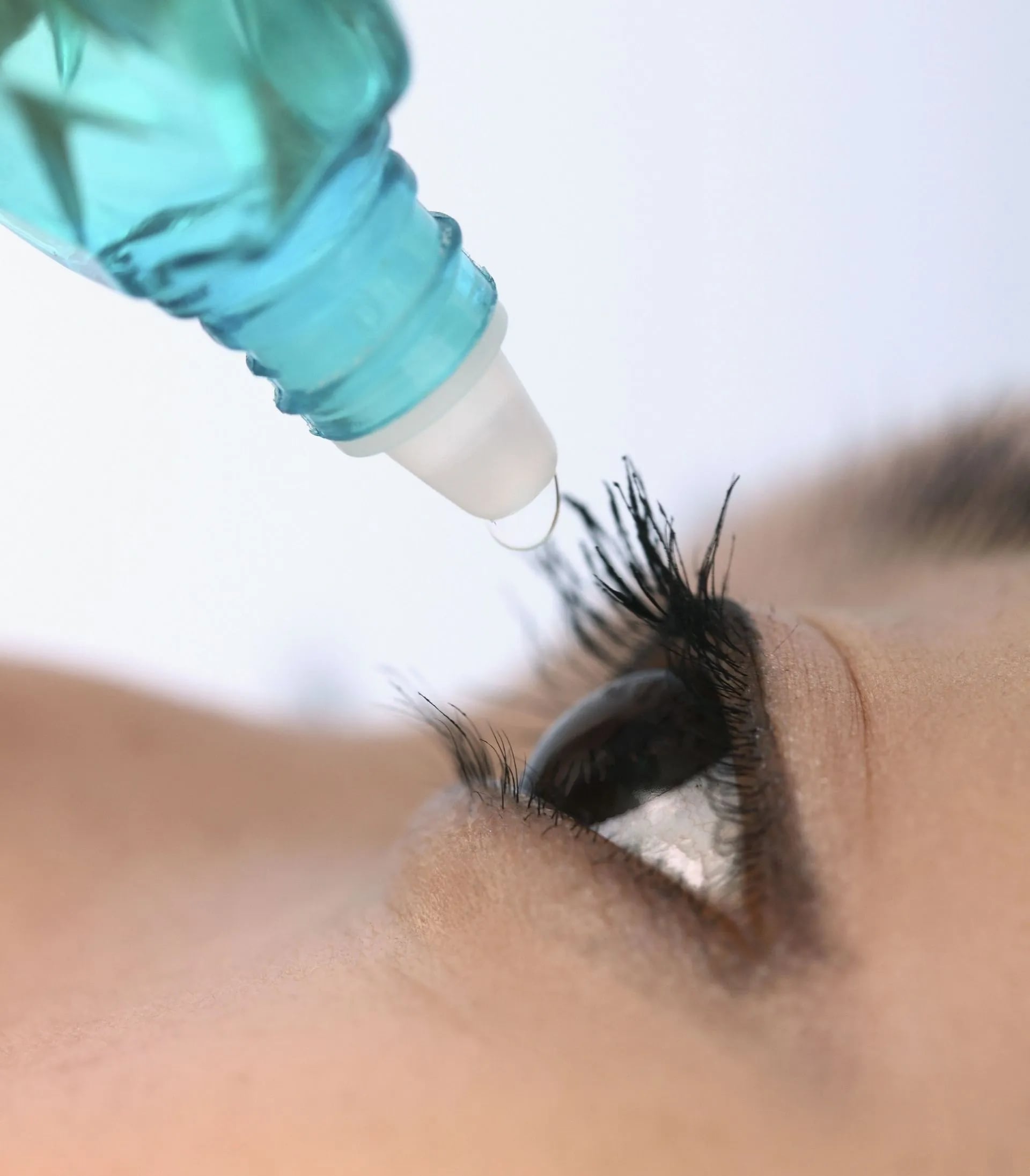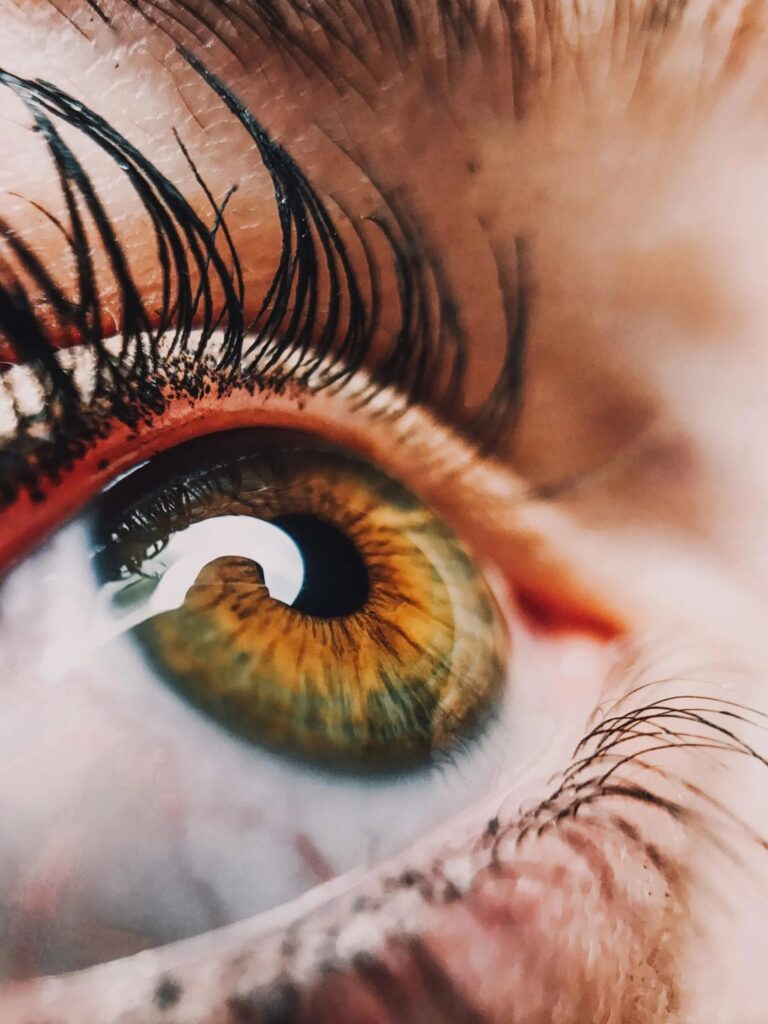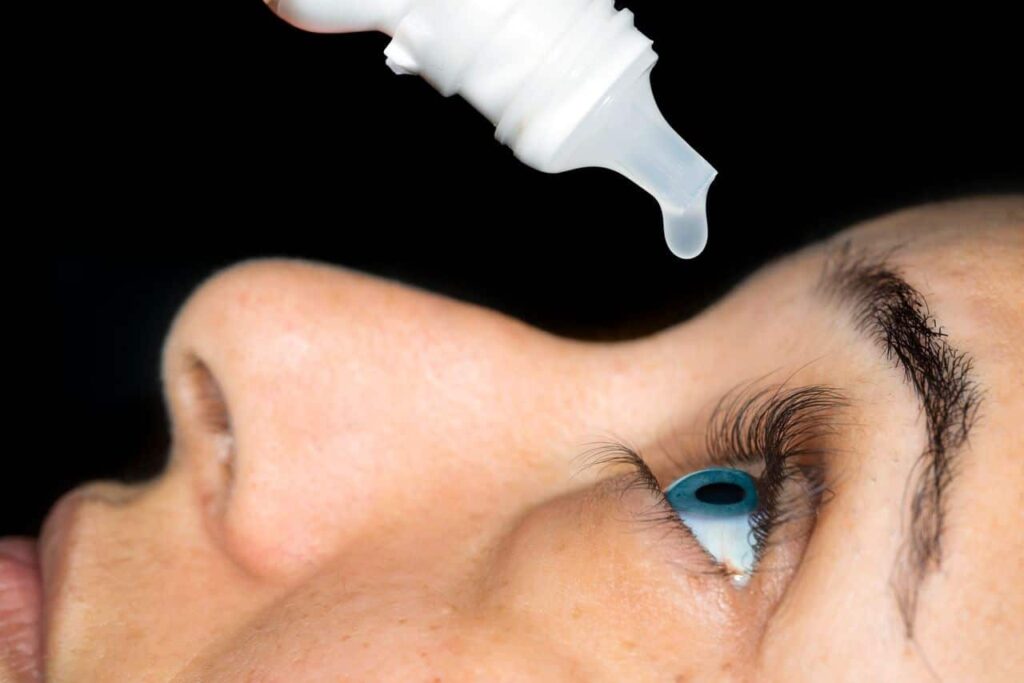Find Customized Solutions to Treat Your Dry Eye Symptoms
Millions of Americans live with dry eyes. It’s not just uncomfortable but can actually cause damage if left untreated for a long time.
At Milwaukee Eye Surgeons in Milwaukee, Wisconsin, Kenneth Weinlander, MD, diagnoses dry eye disease and its underlying cause before providing customized treatment to relieve your symptoms. Call Milwaukee Eye Surgeons or schedule an appointment online today if you’re troubled by dry, itchy eyes or need other eye care services.

What Are Dry Eyes?

Dry eye is a condition that develops when you don’t produce enough high-quality tears to keep your eyes clean and moisturized. Your tears have three layers — oil, water, and mucus — that all perform different jobs. If any of those layers are missing, you can develop dry eye symptoms.
Cases of dry eyes cause various uncomfortable symptoms, including:
- Stinging or burning feelings
- Scratchy or gritty feeling, like something is in your eye
- Red or irritated eyes
- Watery eyes
- Contact lenses are uncomfortable
- Wake up with strings of mucus or crust around your eyes
When left untreated, dry eyes can cause corneal damage and long-term vision problems. If any of these symptoms sound familiar, you should make an appointment with Dr. Weinlander at Milwaukee Eye Surgeons for an exam.
What Causes Dry Eyes?
Your risk of developing dry eyes increases with age. Women who have reached menopause are also more likely to have dry eyes. Conditions that can cause dry eyes include:
- Blepharitis
- Entropion
- Wearing contacts for too long
- Graft versus host disease
- Many chemotherapeutic medications

You can also develop dry eyes as a symptom of conditions like rheumatoid arthritis, thyroid disease, and lupus. Medications, including diuretics, beta-blockers, and allergy and cold medicine, can also cause dry eye symptoms.
Different Types of Dry Eye Disease
Dry eye disease has different types, with the two main categories including:
Aqueous Tear-Deficient Dry Eye
Aqueous tear-deficient dry eye is caused by insufficient tear production, meaning your eyes don’t make enough tears to maintain a healthy tear film and keep your eye surface lubricated.
Evaporative Dry Eye
Evaporative dry eye is caused not by lack of tears but by poor tear quality. Generally, this type of dry eye disease means there’s not enough oil in your tears. In many cases, this is tied to meibomian gland dysfunction (MGD). With MGD, the tiny meibomian glands above and below your eyes become blocked and unable to release oils. This leaves you with overly watery tears that evaporate too fast.
What To Expect From Dry Eye Disease Testing
Dr. Weinlander performs a comprehensive eye exam to evaluate your tear production, tear quality, and the health of your eyelids and cornea. Tests may include:
- Tear breakup time: Measures how quickly your tears evaporate.
- Schirmer’s test: Assesses the volume of your tear production.
- Staining tests: Pinpoints areas of dryness on the surface of the eye.
Dry Eye Treatment Options
Dr. Weinlander provides comprehensive exams and testing to identify the root cause of your dry eye symptoms. In many cases, Dr. Weinlander prescribes eye drops or punctal plugs to treat dry eyes. Eye drops relieve your symptoms, and punctal plugs help to preserve your tears.
Dr. Weinlander has extensive fellowship training in difficult-to-treat eye diseases and experience with recalcitrant dry eye treatments. He can also identify host diseases like autoimmune conditions that cause dry eyes. Call Milwaukee Eye Surgeons today or make an appointment online for expert diagnosis and customized treatment for dry eye syndrome.

Call Milwaukee Eye Surgeons today or make an appointment online for expert diagnosis and customized treatment for dry eye syndrome.
Dry Eyes Q & A
Why Choose Milwaukee Eye Surgeons?
At Milwaukee Eye Surgeons, we provide compassionate, state-of-the-art eye care to the Southeast Wisconsin community. Led by Dr. Kenneth Weinlander, a board-certified ophthalmologist and fellowship-trained cornea specialist, our practice offers a wide range of advanced treatments.
Dr. Weinlander brings a wealth of knowledge and experience to our practice. With a background that includes serving on the faculty of Duke University Eye Center and extensive training at prestigious institutions, Dr. Weinlander is dedicated to providing exceptional care. His passion for education and research has led him to teach advanced surgical techniques globally and contribute to numerous publications in the field of ophthalmology. You can trust Milwaukee Eye Surgeons to always prioritize excellence, innovation, and your eye health.
Don’t Let Finances Stop You
We understand that the cost of eye care can be a concern. That’s why we offer financing through Alphaeon Credit. This option allows you to manage the expenses of your treatments with payment plans that fit your budget. Alphaeon Credit provides flexible terms and competitive rates, making it easier for you to access the high-quality eye care you need without financial stress.

You can also view our insurance providers, which may help out with the cost of eye care.
Financing Plans for Procedures and Treatments with Care Credit
You can apply for a variety of financing plans through CareCredit using the online credit application. During your consultation, we can discuss the details of your financing options.

Get Professional Help for Dry Eye Symptoms
Don’t let dry eyes affect your quality of life. At Milwaukee Eye Surgeons, Dr. Kenneth Weinlander offers expert diagnoses and customized treatment plans to help you find relief from dry eye symptoms. Whether it’s prescribing eye drops, using punctal plugs, or identifying underlying health conditions, we’re here to help.
Call us today at (414) 377-5550 or schedule an appointment online. Reach out to see the difference compassionate eye care can make!
